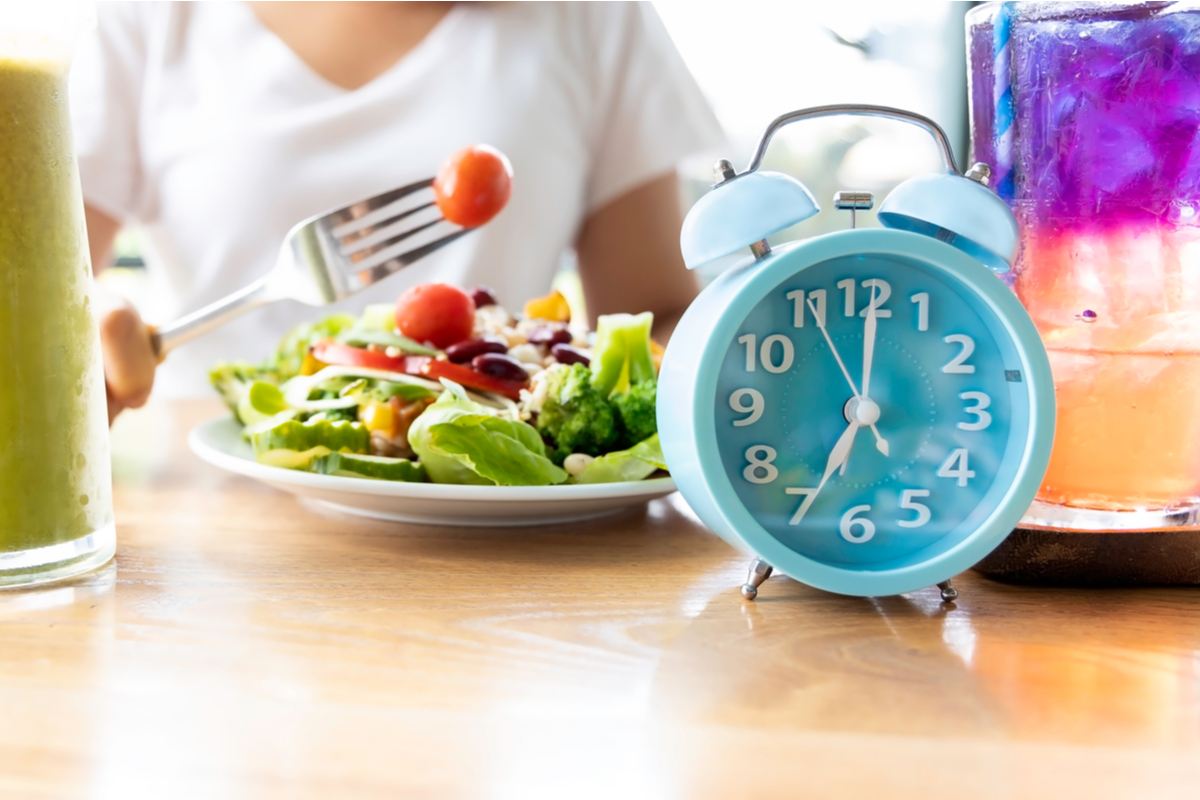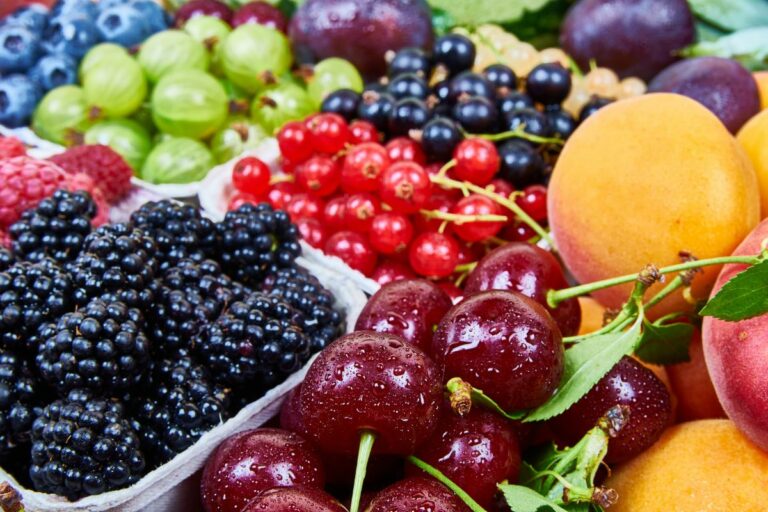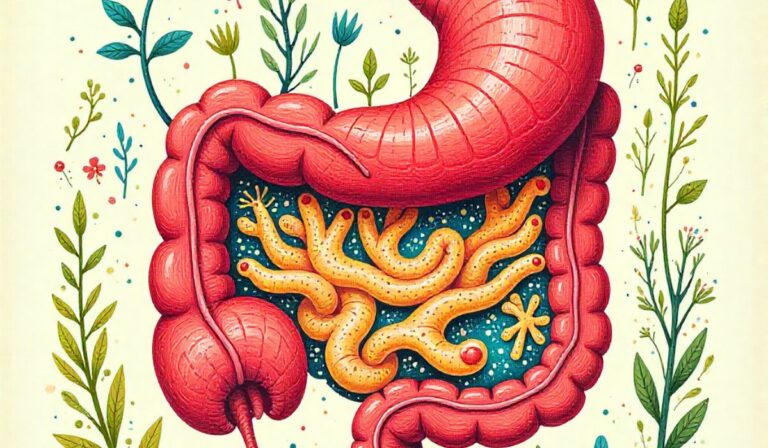How To Prepare For Fasting
Certain cultures encourage fasting as part of their various rituals and have done for years, but in recent years there’s been a growing trend in intermittent fasting as a means to lose weight.
And some people also like to fast as part of a detox, deciding to only drink fluids and keep off solids.
However, the decision to fast for a period of time should not be taken lightly.
If your body is accustomed to enjoying three meals a day as well as occasional snacks, then your body might not know what’s hit it if you fail to prepare properly.
If you decide to fast for several hours at a time, or even for a whole day or two, it is imperative that you are fully prepared beforehand, so that you can avoid any potential health risks.
Going without food for a period of time not only means having fewer calories for energy, but you would also be depriving your body of many important nutrients that are central to its everyday function.
6 Tips For How To Prepare For Fasting
Here are some tips on how to prepare for fasting:
Plan Your Fasting Carefully
The first thing that you need to do before embarking on any type of fasting is to plan ahead.
This way, you will be able to ensure that you don’t end up starving yourself while trying to go without food.
Make sure that you eat enough food throughout the week to make up for the days when you won’t be eating.
And you should always have something ready to eat in case you find yourself too hungry during the day.
Drink Plenty Of Water
It’s important to stay hydrated while fasting because when you’re not eating anything, you’ll start losing water from your system.
Drinking enough water will help keep your body well-hydrated and prevent dehydration.
Eat Plenty Of Healthy Foods Beforehand
Preparing for fasting doesn’t mean that you get to eat junk food all day long.
Instead, make sure that you include healthier options such as fruits and vegetables in your diet before going into fasting mode.
This way, you won’t feel deprived during the fasting period. (More on this shortly.)
Prepare Yourself Mentally
When you go through periods where you skip meals, it’s easy to become irritable and cranky.
To avoid this, try to focus on positive things in life instead of focusing on the negative aspects of being hungry.
It’s best to think about positive things that you’d want to do if you were full rather than thinking about what you don’t want to do if you’re starving.
Get Enough Sleep
When you’re fasting, it’s quite possible that you may find yourself feeling tired throughout the day.
The reason behind this is that your body isn’t getting much fuel in the form of glucose which is needed to sustain itself.
As a result, you could end up sleeping more than usual.
If you get plenty of sleep beforehand, you may not be quite as tired while you are fasting.
Avoid Caffeine
Caffeine has a diuretic effect on the body, meaning that it increases urine production.
When you’re fasting, you need to avoid drinking coffee and other caffeinated drinks before you fast because they will increase your chances of dehydration while you are fasting.
What You Should Eat Before You Start Your Fast
Now let’s look at what you should eat before starting your fast.
Fasting is not just about skipping meals; it’s about giving your body the right amount of nutrition that it needs to perform optimally.
Here are some guidelines on what you should eat before you begin your fast:
Include Protein
Protein is an essential nutrient that helps build muscles and repair damaged tissues.
Protein is found in meat, fish, poultry, eggs, beans, nuts, seeds, soy products, dairy, and legumes.
Include Carbohydrates
Carbohydrates are another type of macronutrient. They will provide your body with the energy it needs to get through the fast.
They come in the form of bread, cereals, rice, pasta, potatoes, starchy veggies, etc.
Include Healthy Fats
Fat is a macronutrient that contains 9 calories per gram.
Fats provide your body with energy, maintain your skin, and also give you satiety.
Healthy fats can be found in avocados, almonds, walnuts, olive oil, salmon, sardines, and fatty cuts of meats like beef, pork, and lamb.
Include Fruits And Vegetables
These two types of food are considered micronutrients since they contain very few calories.
However, they are still necessary for our health.
Fruits and vegetables are rich in fiber, vitamins, minerals, antioxidants, and phytochemicals.
These nutrients help protect us from diseases and boost our immune system.
Drink Lots Of Water
Water is vital to stay hydrated. During fasting, your body loses water due to urination and sweating.
We recommend that you make sure that you drink at least 2 liters of water every day.
And not just before fasting. (Although we mentioned this previously, it’s super important, so it bears repeating here.)
Take A Vitamin And Mineral Supplement
Vitamins and minerals are important for our bodies.
They play a role in maintaining good health by helping us fight off infections, keep bones strong, and regulate blood pressure.
A multivitamin and mineral supplement can help ensure that we have all the vitamins and minerals that our body needs.
Planning Your Meals Before And After Your Fast
Choosing what to eat before your fast is relatively easy because there are so many different types of food that you should include, and most healthy meals will incorporate many of them as standard.
But once you start eating again after your fast, things become a little more complicated.
The first thing you want to do when planning these meals is to make sure that you don’t overeat.
If you go back to eating too much after fasting, then you’ll end up feeling bloated and sluggish.
Explore Also:
Creativehouseblog
Dietsheriff
Gigasecurehome
So try to stick to smaller portions, and keep eating healthily and avoid junk food.
Final Thoughts
I believe that we’ve now shown that preparing for a fast is easy.
If you follow the tips and tricks above, then it will be simple. But, we will wish you luck all the same!




![Symbiotics and Postbiotics Boosting Gut Health Naturally[1]](https://mycleanseplan.com/wp-content/uploads/2025/10/Symbiotics_and_Postbiotics__Boosting_Gut_Health_Naturally1-768x448.jpg)
![Gut Health 2026 Preview What New Research Suggests[1]](https://mycleanseplan.com/wp-content/uploads/2025/10/Gut_Health_2026_Preview__What_New_Research_Suggests1-768x448.jpg)

![Data Privacy & Ethics in Gut Microbiome Testing Explored[1]](https://mycleanseplan.com/wp-content/uploads/2025/10/Data_Privacy__Ethics_in_Gut_Microbiome_Testing_Explored1-768x448.jpg)